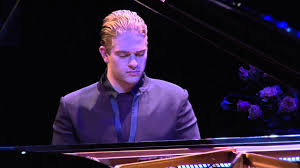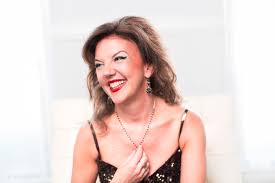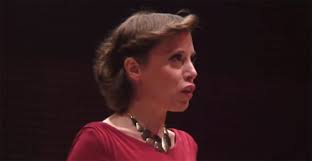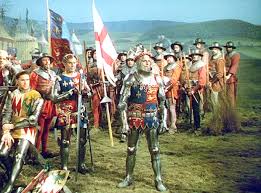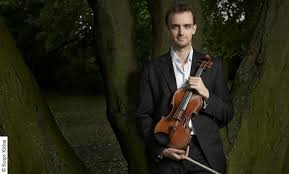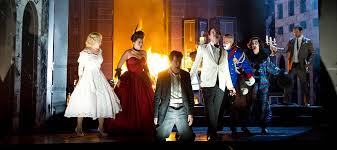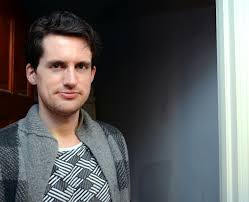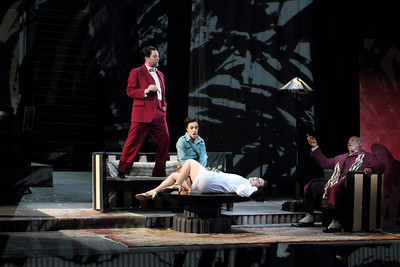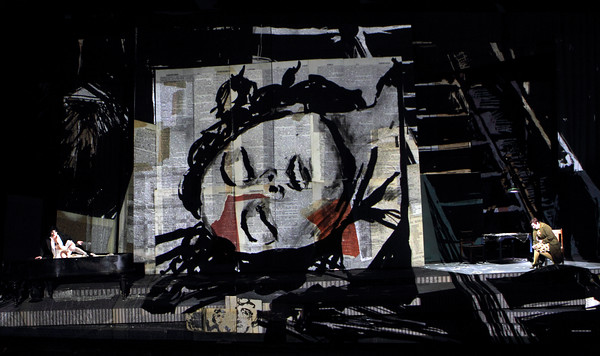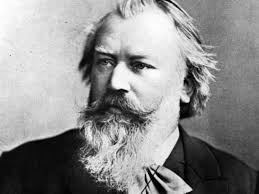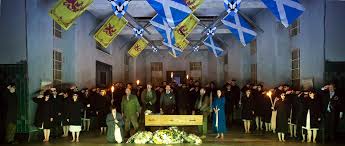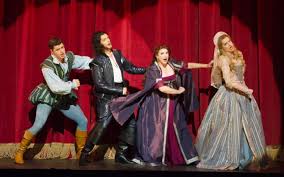The Dome, Brighton, 15 January 2017
A crowd pleasing programme meant that the Dome was as full as I’ve ever seen it for a BPO concert. And despite the chilly wet January weather outside there was a very upbeat sense of “Now sits expectation in the air”. The concert which followed met that expectation with aplomb.
First came the operatic colour of the Overture to the Barber of Seville played with lush full tone and plenty of breathless excitement, especially in the syncopated passages, and in all those wonderful woodwind solos with a particularly noteworthy bassoon contribution.
I suppose Grieg’s piano concerto is second only to Tchaikovsky 1 and Rachmaninov 2 in popularity – and deservedly so. Joseph Moog is an engaging player to watch despite his sitting so far forward on his stool that he appeared to be in serious danger of sliding off the front and disappearing under the piano. The performance really came into its own during the adagio in which the orchestra achieved a gloriously sweet, immaculately fluid sound, before the magical moment when the piano creeps in. It was played with the sort of imaginative restraint that even some of the world’s top orchestras fail to bring off. Moog and Ben Gernon interpreted the movement as much more of a musical dialogue than as a showpiece for accompanied piano. There was thoughtful, wistful work in the allegro too before the dive into the showy, virtuosic conclusion.
Dvorak 8 is possibly my favourite symphony. I’ve played the second violin part several times in amateur performances and I’ve heard it done professionally dozens (and dozens) of times. The secret of making this delightful music shine lies in managing the contrasts – the soft lyrical passages, the irrepressible dance motifs, the brass fanfares and all the rest of it. Ben Gernon, baton-less and quietly charismatic, was on top of the symphony’s every mood. He found the work’s warmth, passion,fun and made it satisfyingly coherent – even down to resisting the temptation to exaggerate the rall just before the end as so many self-indulgent conductors do. Particular high spots included the tripping, trickling joyfulness in the second movement at the introduction of the second subject, the waltzing vibrancy of the adagio and the beautifully nuanced – so Bohemian! – rhythms of the minor key section in the last movement – and congratulations to principal flute, Margaret Campbell. There’s a great deal of exposed flute solo in this symphony and Ms Campbell ensured that we heard and enjoyed every note of it.
Susan Elkin

